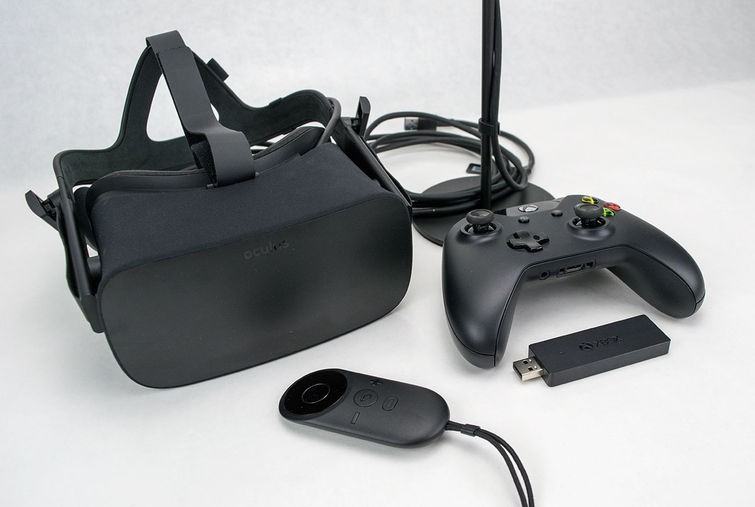CPU Overclocking Guide: How (and Why) to Tweak Your Processor
Learn the pros and cons of overclocking your CPU, the physics behind changing your clock rate and the basics of overclocking an Intel or AMD processor.
Conclusion
Mainstream adoption of overclocked processors, and the enthusiasm with which manufacturers have embraced tuning, has made the process simpler and much more accessible to enthusiasts and gamers. But the iterative methodology behind overclocking, and the sometimes finicky behavior of overclocked systems, means that overclocking is still, if not an art, then a skill that requires patience and practice.
The landscape has changed, and enthusiasts are often spoiled when it comes to hardware that supports overclocking, from high-end motherboards to complete liquid cooling kits.
With VR headset requirements pushing the envelope of what is required from gaming PCs, we expect overclocking to be a hotter-than-ever (pardon the pun) trend moving forward.
But overclocking comes with a few caveats. The cooling requirements of overclocked systems can require significant expenditures. Overclocking does reduce the usable lifetime of processors and other system components, and can often lead to a less stable build. Over time, the electricity cost of generating and then getting rid of extra waste heat adds up. In certain scenarios, underclocking may actually be beneficial for component longevity or additional stability. Still, having the choice and the tools at our fingertips makes all the difference in the world.
In terms of the bleeding-edge of overclocking experimentation, apart from the “faster, cooler, even faster” benchmarking competitors, hardware enthusiasts are moving into niche applications: overclocking tablets, unlocking mobile CPUs, modifying proprietary VMR circuitry, and operating processors in configurations and conditions the original manufacturers never dreamed of. Whether any of these niche activities yields more universal utility and develops the potential to go mainstream, remains to be seen.
MORE: Best CPUs
MORE: All CPU Content
Get Tom's Hardware's best news and in-depth reviews, straight to your inbox.
-
rush21hit Look at the voltage setting on those world records. Lots of LN2 involved here.Reply
Speaking as a former user of Q6600 @3.0 (Corsair Hydro series were non-existent back then) and i7 920 @2.8. Small OC, I know. Since I want my motherboard not get fried.
Motherboard gets the most hammering in OC. Even the best of the best sometimes failed. Those capacitors can only hold so much. I just want to ensure it also last. Heck, even in normal use, motherboard tends to fail long before any other parts does. -
Calculatron Ever since the articles on the "E" series of the FX-line-up, I've tried to take efficiency into account. I run a mild overclock of 4.0ghz with just under 1.2V on my FX-8320. I can achieve a 4.7ghz overclock, but I just don't think that the performance gains are worth all the extra heat and stress on the components.Reply -
Nuckles_56 There's a typo in the table of record speeds for the CPUs and the respective voltages, as there is no way that the i7 860 got to that speed at 1.152VReply -
SinxarKnights Reply18275176 said:There's a typo in the table of record speeds for the CPUs and the respective voltages, as there is no way that the i7 860 got to that speed at 1.152V
http://valid.x86.fr/xuxjnn look for yourself. I suspect there was an error reading the voltage but I do not know, CPU-Z calls it valid though. -
TexelTechnologies Its not that complicated but then again I am always surprised by how dumb people are.Reply -
Murdock4321 Overclocking used to be pretty complicated and take some trial and error. With all these new processors and new bios', its really pretty easy. I'm still rocking an i7 930 @ 2.85ghz which is rock solid and has lasted me since 2010Reply -
jtd871 How about an underclocking/undervolting guide for those that want efficiency rather than performance?Reply -
anbello262 Well, isn't the procedure exactly the same, just lowering mult and volt instead of rising it? The stability concern (freq/volts) and the iterative methodology is the same, right?Reply
